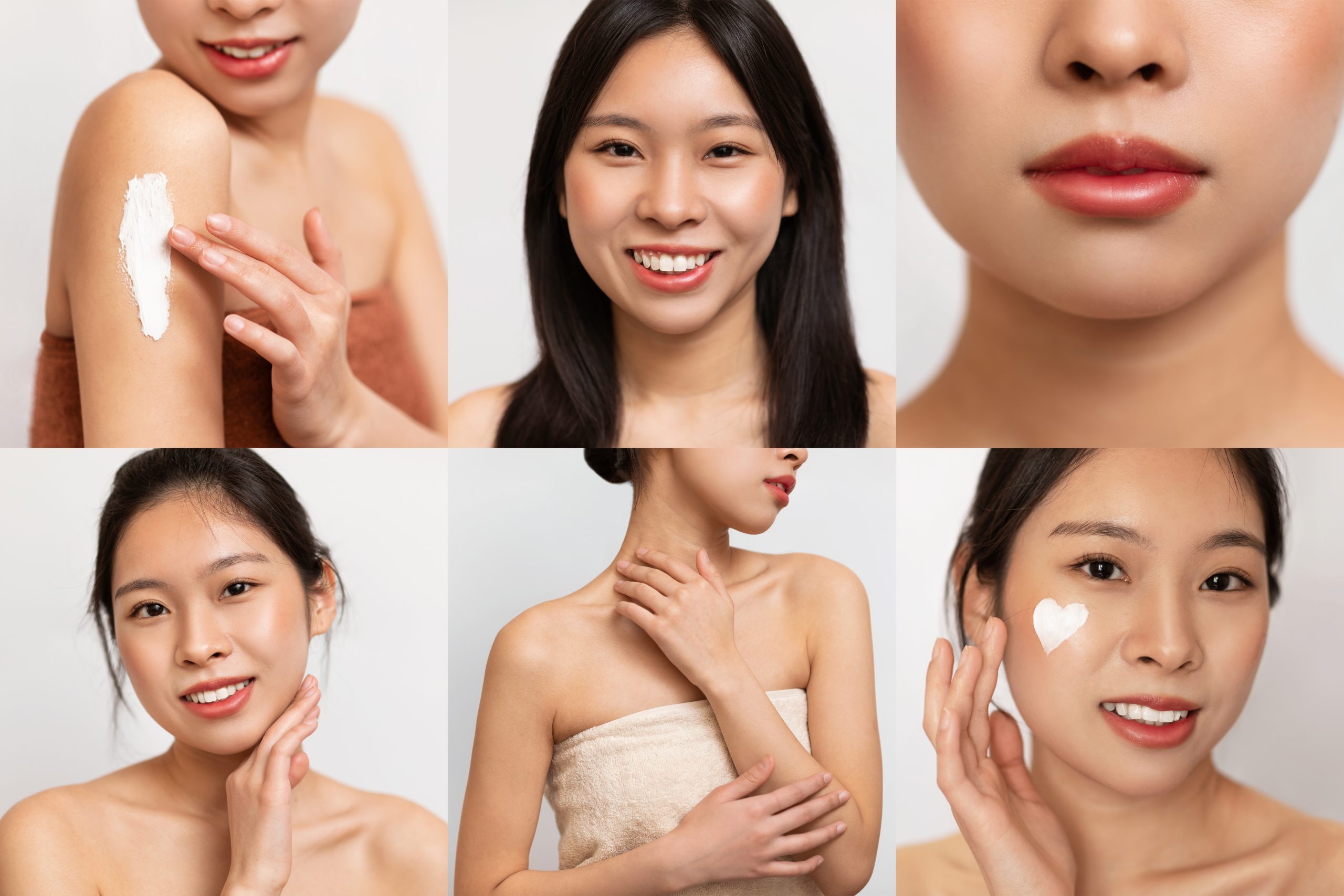What Is the Skin Microbiome?
The skin microbiome refers to the diverse community of microorganisms living on your skin's surface. While some people might associate bacteria with infections, most microbes in the microbiome are beneficial. These microorganisms:
- Protect the skin from harmful bacteria and environmental damage.
- Regulate inflammation and immune responses.
Support the skin's natural hydration and pH balance.
How the Skin Microbiome Affects Skin Health
1. Strengthens the Skin Barrier
A healthy microbiome enhances the skin's protective barrier, preventing water loss and shielding against pollutants and toxins.
2. Prevents Skin Conditions
An imbalanced microbiome can lead to skin issues like acne, eczema, and rosacea. Maintaining a balanced microbiome helps reduce these risks.
3. Supports Anti-Aging
Research suggests that a thriving microbiome helps reduce inflammation and oxidative stress, both of which contribute to premature aging.
How to Care for Your Skin Microbiome
1. Use Gentle Cleansers
Avoid harsh soaps and cleansers that strip away natural oils and beneficial microbes. Opt for pH-balanced, microbiome-friendly formulas.
2. Choose Probiotic Skincare
Probiotic-infused products can introduce good bacteria to your skin, helping maintain balance and restore the microbiome.
3. Avoid Over-Exfoliation
Frequent exfoliation can disrupt the microbiome, leading to irritation and sensitivity. Limit exfoliation to once or twice a week.
4. Protect Your Skin with Sunscreen
UV damage can negatively impact the microorganisms.
5. Eat a Balanced Diet
Consuming nutrient-rich, prebiotic, and probiotic foods like yogurt, bananas, and garlic can support your microbiome from the inside out.
Myths About the Skin Microbiome
Myth 1: All Bacteria Are Bad
Not all bacteria are harmful. Many play a vital role in maintaining skin health.
Myth 2: Anti-Bacterial Products Are Better for Skin
Overuse of antibacterial products can disrupt the microbiome, leading to more harm than good.


